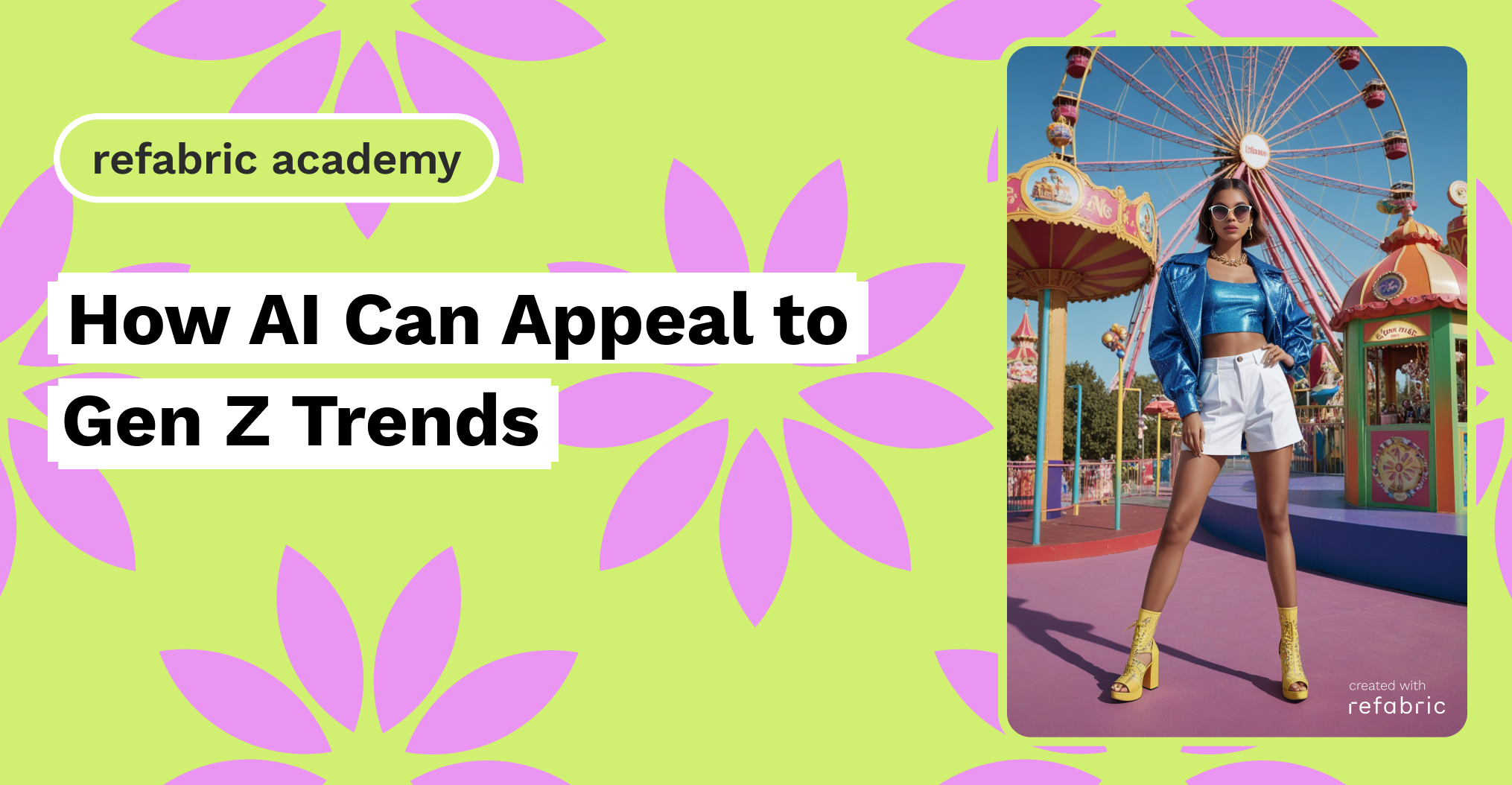Generation Z, often defined as those born from the mid-1990s to the early 2010s, represents the new vanguard of technology users, influencers, and creators. Having grown up in an era where the internet, social media, and mobile technology are ubiquitous, this cohort has not only adapted to a digital-first world but has also shaped its evolution. Their fluency with technology, particularly their expectations for integration, functionality, and ethical considerations, makes them pivotal in shaping the trajectory of technological advancement.
AI, or artificial intelligence, stands at the forefront of this evolution, offering exciting capabilities that are only beginning to be tapped. For Gen Z, the allure of AI is not in its novelty but in its utility, its ability to offer tailored experiences that reflect individual needs, values, and lifestyles. From delivering personalizing shopping experiences to optimizing educational tools, AI has the potential to significantly influence how this generation interacts with the world around them.
As we delve deeper into the potential touchpoints between AI and Gen Z, it becomes clear that for AI to truly resonate with this demographic, it must align with their distinct characteristics: a desire for customization, an expectation of immediacy, and a preference for entertainment consumption. By exploring how AI can adapt to these trends, we can uncover strategies that not only engage Gen Z but also set the stage for future innovations in technology.
Hyper-Personalization in Services and Products
Gen Z values individuality and customization, and there is compelling evidence that their preferences are deeply understood by the technology they use. As careful curators of their content, they trust AI algorithms to deliver exactly what they want. Remarkably, 50% of Gen Z agrees that their algorithm knows their tastes and interests better than their parents do. This insight emphasizes the potential of AI technologies to drive hyper-personalization by offering personalized experiences that truly resonate with this generation. AI-powered platforms can harness extensive user data to provide highly customized content recommendations on streaming services or create personalized shopping experiences based on past behavior and predicted preferences. These personalized experiences not only cater to individual tastes but also build a trusted relationship between Gen Z and technology platforms, ensuring that their unique preferences are understood and respected.
Enhancing Social Media Interactions
Social media is a fundamental aspect of Gen Z’s daily interactions, and influencers play a critical role in this ecosystem. According to new research from US youth culture agency Archrival, 51% of Gen Z believe that social media influencers are the main creators of new trends, significantly more influential than brands or even celebrities. This perception underscores the importance of leveraging AI in ways that resonate with this generation. AI can enhance these experiences by improving content discovery, moderating discussions to prevent harassment and abuse, and facilitating more engaging interactions with augmented reality (AR) filters and virtual reality (VR) environments. Additionally, AI-driven analytics can help influencers and content creators tailor their offerings to what their audience is most likely to engage with, aligning with emerging trends and preferences identified through data insights. This capability not only supports the influencer’s role in shaping culture but also empowers brands to better connect with this pivotal demographic.
AI in Entertainment
Finally, Gen Z’s entertainment consumption is ripe for AI integration, particularly in a landscape dominated by rapidly spreading trends due to the algorithms of platforms like TikTok, Instagram Reels, and YouTube Shorts. These platforms have revolutionized the way entertainment, music, fashion, and beauty content are consumed, allowing them to spread like wildfire and giving a new level of exposure to culture. This includes “second screen” content from TV or films, and previously exclusive events such as concerts or fashion weeks, which are now more mainstream than ever. AI can tap into these trends by generating music, video games, and even plotlines based on user preferences, creating entirely new forms of entertainment that are interactive and continually evolving. For example, AI-driven algorithms can create music that adapts to the listener’s mood and context, offering a completely personalized listening experience, perfectly aligning with the dynamic and trend-sensitive consumption habits of Gen Z.
For Gen Z, AI is not just a tool but a part of their cultural fabric. By aligning AI capabilities with Gen Z’s values—personalization, authenticity, and immersive digital experiences—innovators can not only appeal to this generation but also drive significant advancements in how AI is integrated into everyday life. As we look to the future, the synergy between AI and Gen Z will likely be a defining axis around which technology and society evolve.
